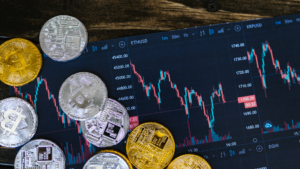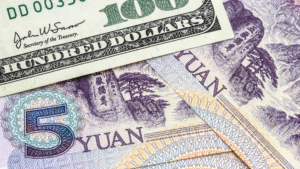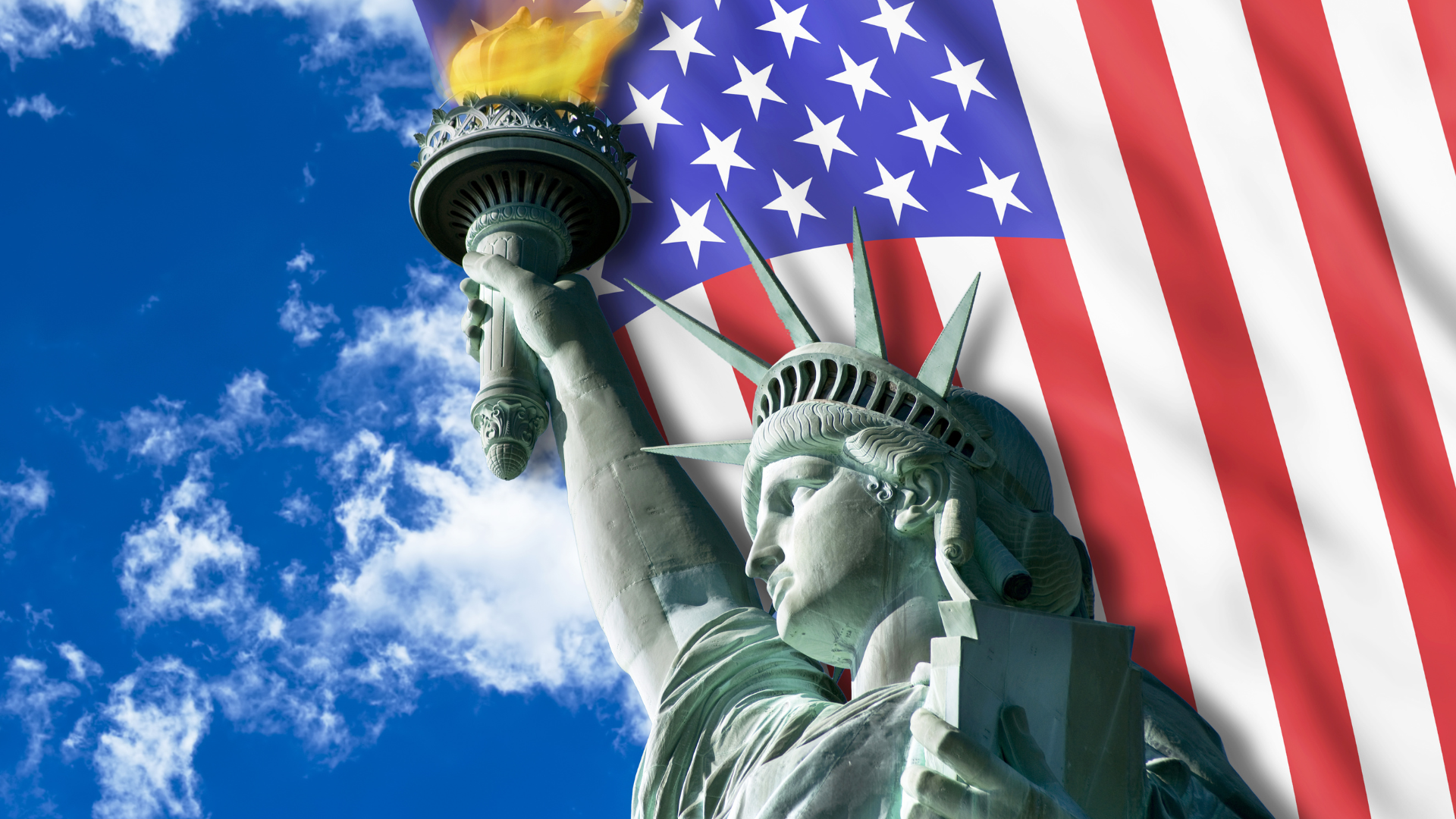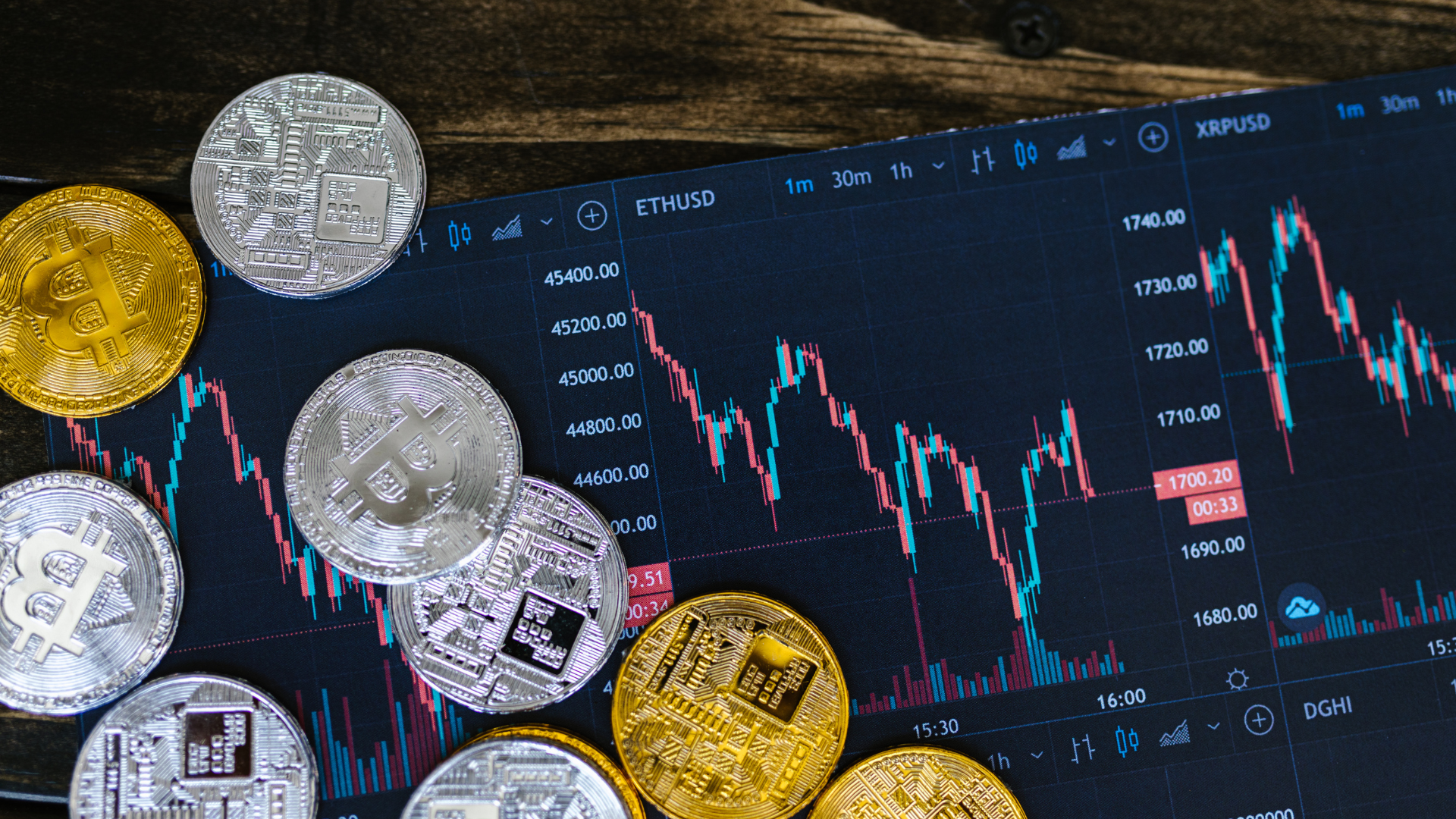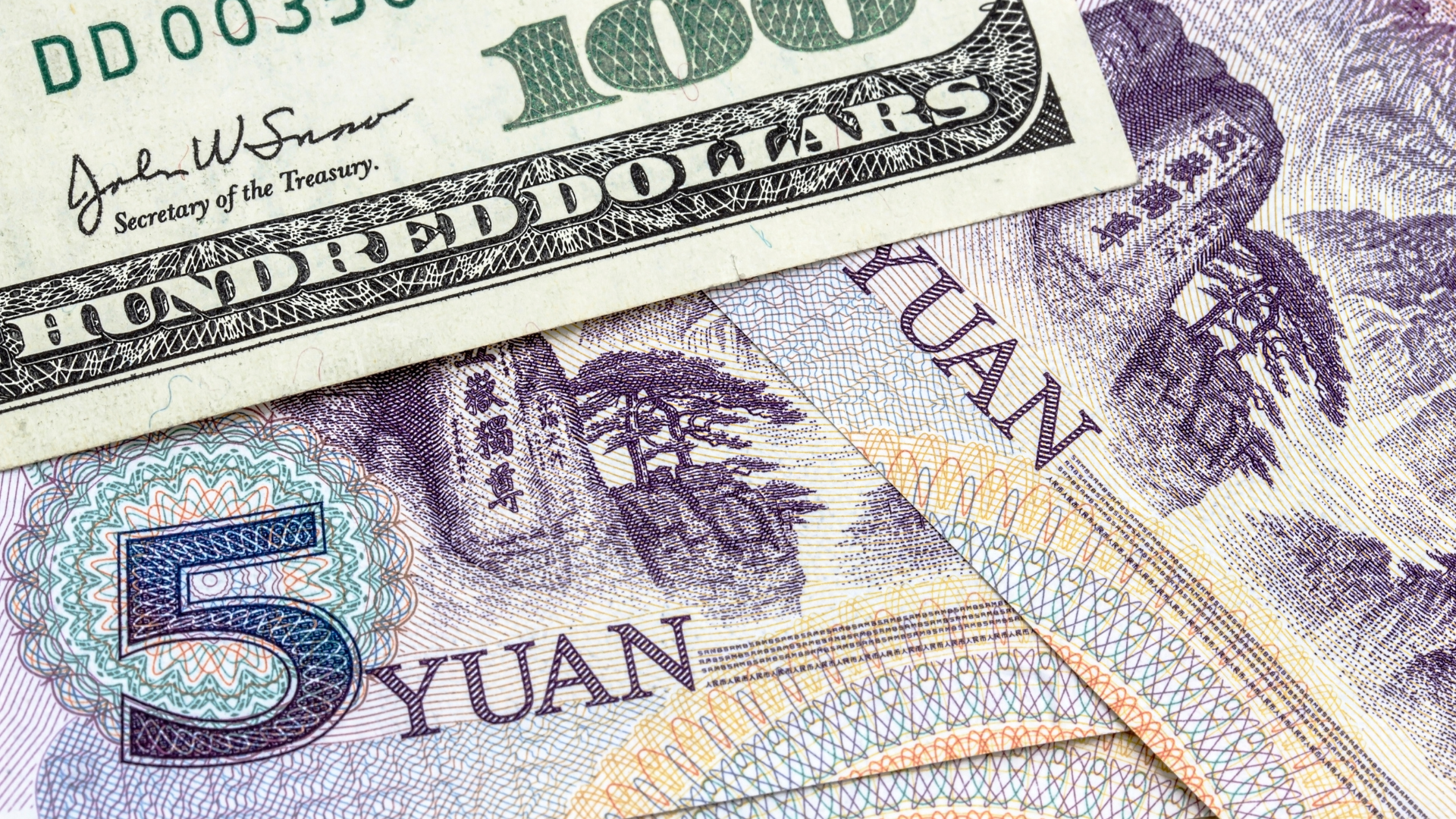U.S. President Donald Trump has expanded tariffs on steel and aluminum imports, broadening the scope of existing trade restrictions to cover all countries. The move, aimed at protecting American manufacturers, has raised concerns over potential retaliation from key trading partners and the broader impact on global markets. The expansion of these tariffs underscores the administration’s continued focus on reducing trade imbalances through aggressive policy measures.
The decision builds on previous tariffs imposed in 2018, which primarily targeted China and specific allies. By extending the levies to all countries, Washington is signaling a tougher stance on trade, reinforcing its commitment to shielding domestic industries from foreign competition. However, the announcement has sparked concerns among global steel and aluminum producers, who now face higher costs when exporting to the U.S.
Market reactions were swift, with equities and commodities responding to trade uncertainty. Investors fear that the latest round of tariffs could disrupt supply chains and lead to higher prices for businesses and consumers. Some U.S. industries reliant on imported metals, including automotive and construction firms, could see increased costs, potentially weighing on corporate profitability and economic growth.
In response, affected countries are considering countermeasures, with analysts warning of potential retaliatory tariffs that could further strain international trade relations. The European Union, Canada, and several Asian nations have previously criticized U.S. trade policies, arguing that broad-based tariffs harm global cooperation and economic stability. The latest expansion is likely to deepen tensions with major economies already grappling with slowing growth.
Despite the pushback, the administration has defended the policy, arguing that protecting domestic metal production is crucial for national security and economic resilience. Officials have pointed to rising global oversupply and alleged unfair trade practices as justification for the measures. While the tariffs may provide short-term relief for U.S. producers, the long-term impact on trade partnerships remains uncertain.
With global trade relations already on edge, the latest tariff escalation adds another layer of uncertainty for businesses and markets. As policymakers assess potential responses, investors will closely watch for signs of diplomatic negotiations or further escalation that could shape the outlook for international trade in the months ahead.










